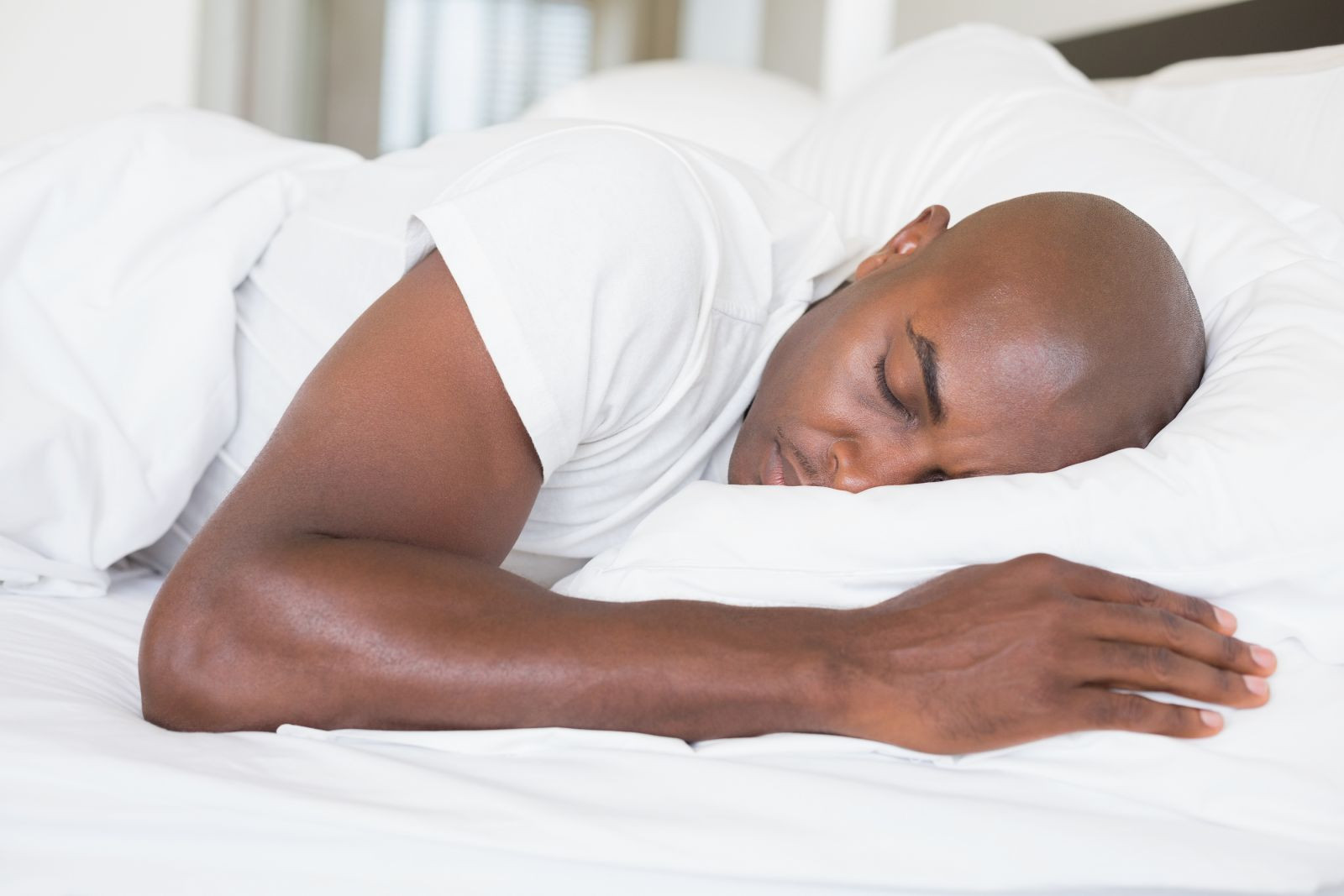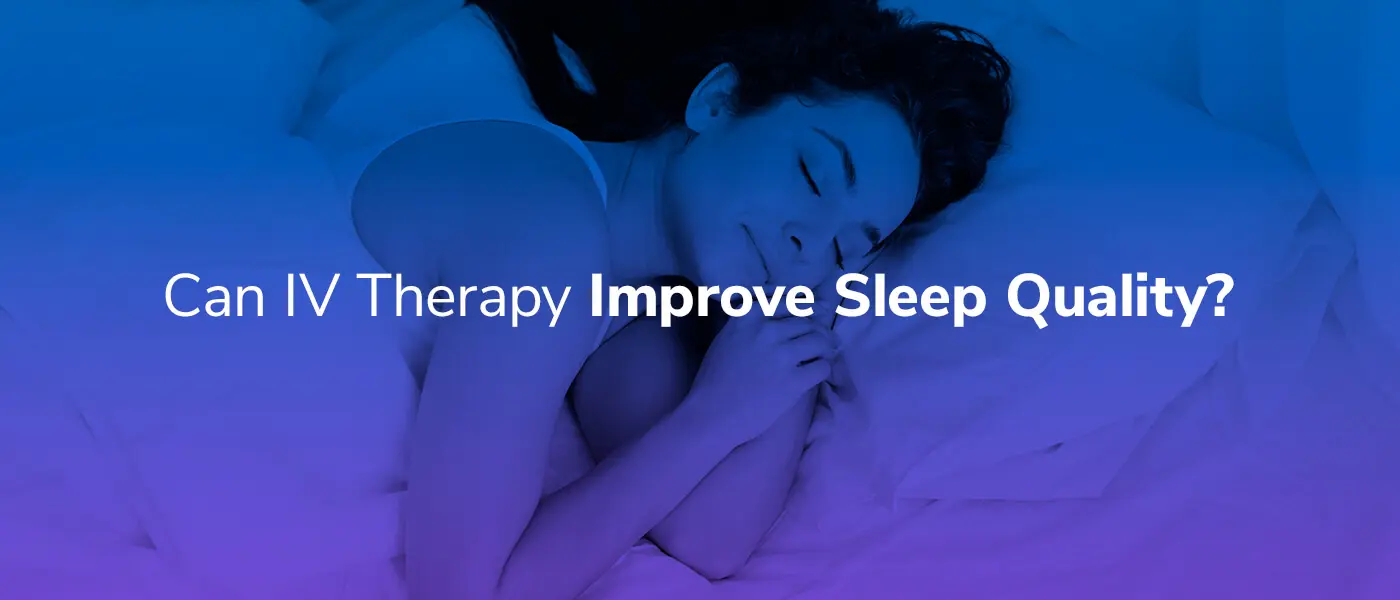Cognitive Behavioral Therapy for Insomnia (CBT-I) - Proven Methods
Cognitive Behavioral Therapy for Insomnia (CBT-I) - Proven Methods
Blog Article
Efficient Therapy Solutions for Taking Care Of Rest Disorders and Enhancing Peaceful Rest
In the realm of health care, the management of rest disorders and the quest for peaceful rest are critical components of general well-being. As we browse the complex landscape of sleep disorders and look for to improve our sleep experience, a deeper understanding of these therapy solutions may hold the secret to opening an extra relaxing and fulfilling corrective trip.
Cognitive Behavior Modification for Sleeping Disorders (CBT-I)
Cognitive Behavioral Treatment for Sleeplessness (CBT-I) is a structured, evidence-based therapy approach that concentrates on attending to the underlying aspects adding to sleep disturbances. This sort of treatment intends to customize actions and thoughts that intensify sleep problems, eventually advertising healthy and balanced sleep patterns. CBT-I usually involves several crucial components, consisting of cognitive therapy, rest constraint, stimulus control, and sleep health education and learning.
Cognitive therapy helps individuals recognize and transform adverse idea patterns and ideas regarding rest that may be hindering their ability to drop or remain asleep. Sleep limitation includes restricting the amount of time spent in bed to match the individual's actual sleep duration, therefore raising sleep performance (insomnia specialist). Stimulation control techniques help develop a solid organization in between the bed and rest by encouraging individuals to visit bed just when sleepy and to stay clear of participating in boosting tasks in bed
In addition, sleep health education and learning concentrates on creating healthy and balanced sleep habits, such as maintaining a constant sleep schedule, developing a relaxing bedtime routine, and optimizing the rest setting. By dealing with these variables thoroughly, CBT-I uses a reliable non-pharmacological intervention for taking care of sleeplessness and enhancing overall sleep quality.
Rest Hygiene Practices
Having actually developed the foundation of cognitive restructuring and behavioral modifications in attending to sleeplessness through Cognitive Behavioral Treatment for Sleeplessness (CBT-I), the emphasis now moves towards discovering essential Rest Hygiene Practices for maintaining ideal rest high quality and total health.
Sleep health techniques include a range of habits and ecological factors that can dramatically impact one's ability to drop asleep and stay asleep throughout the evening. Constant rest and wake times, creating a relaxing going to bed routine, and enhancing the rest environment by maintaining it dark, quiet, and cool are vital elements of great sleep health. Restricting exposure to screens before going to bed, staying clear of energizers like high levels of caffeine near going to bed, and taking part in regular exercise during the day can additionally advertise better rest high quality.
Furthermore, exercising leisure techniques such as deep breathing workouts or reflection prior to bed can assist calm the mind and prepare the body for rest. By integrating these sleep health techniques right into one's day-to-day routine, people can develop a healthy and balanced rest pattern that sustains restful sleep and total well-being.
Leisure Techniques and Mindfulness
Implementing relaxation methods and mindfulness methods can play a critical role in fostering a sense of calmness and promoting high quality sleep. Additionally, assisted imagery can assist deliver people to a serene location in their minds, aiding in anxiety decrease and enhancing sleep quality.
Mindfulness techniques, such as reflection and yoga, are additionally efficient in promoting leisure and improving sleep. Mindfulness urges people to remain existing in the moment, letting go of stress over the past or future. By integrating these methods into a going to bed routine, people can signal to their bodies that it is time to prepare and take a break for rest. In general, integrating leisure techniques and mindfulness methods can dramatically add to managing rest problems and enhancing overall rest quality.

Medicine Options for Sleep Disorders
After checking out relaxation strategies and mindfulness techniques as non-pharmacological treatments for improving sleep quality, it is necessary to think about medicine alternatives for individuals with rest disorders. In instances where way of living modifications and treatment do not offer enough alleviation, medicine Read Full Report can be a beneficial tool in taking care of rest disruptions.
Frequently prescribed medicines for rest conditions include benzodiazepines, non-benzodiazepine hypnotics, antidepressants, and melatonin receptor agonists. Benzodiazepines, such as diazepam, are sedatives that can help generate sleep, however they are normally suggested for short-term usage as a result of the danger of dependancy. Non-benzodiazepine hypnotics like zolpidem are additionally made use of to treat sleeplessness and have a lower threat of reliance compared to benzodiazepines. Antidepressants, such as trazodone, can be valuable for people with co-occurring clinical depression and sleep disturbances. Melatonin receptor agonists, like ramelteon, target the body's natural sleep-wake cycle and can be practical for managing rest patterns.
It is important for individuals to speak with a doctor to determine the most ideal medication alternative based on their details sleep disorder and case history.
Light Therapy for Body Clock Policy
Light therapy, likewise recognized as phototherapy, is a non-invasive treatment technique utilized to control body clocks and boost sleep-wake cycles. This treatment involves direct exposure to intense light that simulates natural sunlight, which aids to reset the body's body clock. By subjecting individuals to particular wavelengths of light, commonly in the early morning or night depending upon the preferred effect, light treatment can successfully change the body clock to promote wakefulness during the day and enhance restful sleep in the evening.
Research has shown that light treatment can be especially helpful for people with circadian rhythm problems, such as delayed sleep phase syndrome or jet lag. It can also be practical for those experiencing seasonal affective disorder (SAD), a kind of clinical depression that commonly happens throughout the winter season when natural light exposure is minimized. Light therapy is typically well-tolerated and can be made use of in conjunction with other therapy techniques for rest problems to maximize outcomes and improve total rest top quality.
Verdict
Finally, effective treatment services for taking care of sleep conditions and improving relaxed sleep consist of Cognitive Behavioral Treatment for Sleeping Disorders (CBT-I), rest health methods, relaxation techniques and mindfulness, medicine choices, and light therapy for body clock law. These methods can assist individuals enhance their sleep quality and total well-being. It is essential to talk to a healthcare service provider to figure out the most ideal approach for addressing rest concerns.
As we browse the intricate landscape of rest disorders and look for to boost our sleep experience, a much deeper understanding of these therapy solutions might hold the secret to unlocking published here a more rejuvenating and fulfilling restorative journey.
Sleep constraint includes restricting the quantity of time spent in bed to match the individual's actual sleep period, consequently boosting rest performance. Consistent rest and wake times, producing a relaxing bedtime regimen, and optimizing the sleep environment by maintaining it dark, peaceful, and cool are vital elements of excellent sleep hygiene. Light treatment is usually well-tolerated and can be utilized in my review here combination with various other treatment approaches for rest problems to maximize outcomes and boost total sleep top quality.

Report this page